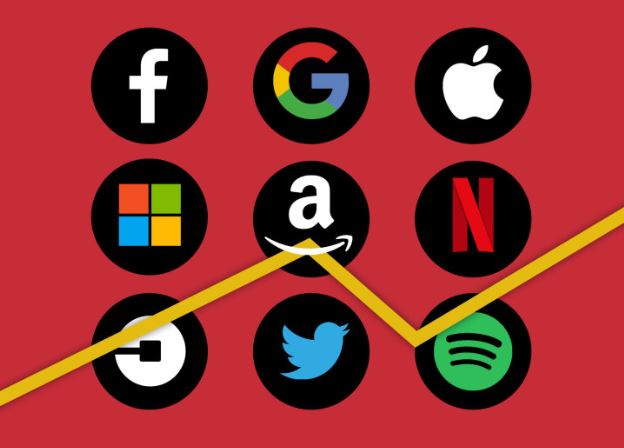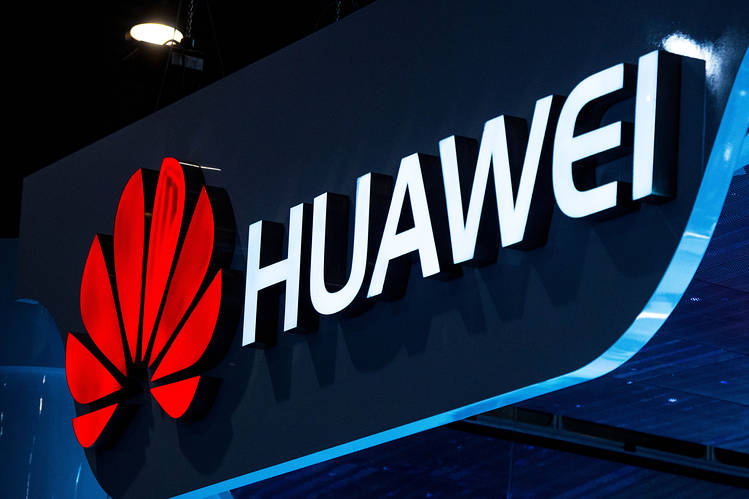Banking has been unbundled forever. It’s a time of global payment war. The Big Tech companies, i.e Alibaba, Baidu, Tencent, Facebook, Apple, Microsoft, Google, and Amazon etc— have now taken positions in Fintech with acquisitions, new product rollouts, payment-related patent approvals, partnerships, and investment activity. The battle is for new revenue streams and expansion of their share of consumer’s wallet with transaction data seated at the core of global payment war, and it’s expected to hit $6.6trn transaction value (source: finaria.it). In Africa, Paypal’s partnership with Flutterwave and its recent series C raise has given further fillip to its conquest of the African market.
While experts have argued that big tech market entry into the payment space was to offer technical services in cooperation and relying on existing payment infrastructure and applications provided by banks and other payment service providers, we believe big tech market entry is designed to make their ecosystem more enticing, thereby expanding and boosting their market reach and global dominance with consequences for local economies. It’s natural that after Big Tech’s achievement of making its ecosystem more attractive, it would inevitably deep its fingers into the lunches of traditional banks through aggressive embedded banking, leveraging of its massive access to diverse consumer data sets.
Before Big Tech ascent into payment, fintechs have created impressive product offerings that compare highly favorably to traditional banks. As a result, we are seeing customer’s financial solutions woven into daily lives of consumers. These solutions are being integrated with answers to adjacent or underlying needs, often via ecosystems. With Big Tech payment adventures, we may begin to see the fiercest competition; the pervasiveness of an intuitive banking system that has the capacity to enable transactions at any time, any number of times, preempt customers’ needs with results declared instantly. While the last decade saw traditional banks trying to end wasting time in queues, travel time to the bank, we are being ushered into the start of banking services popping up on diverse devices and platforms, helping us to arrival at the junction of functional and hedonistic banking.
Covid-19 having accelerated the shift away from cash with contactless and digital payments, the strategy is for traditional banks to emulating the business models of Flutterwave, Paystack and neobanks to avoid becoming utilities or pipes. With this approach, they can grow user bases rapidly and serve the underbanked whose onboarding holds the potential to transform local economies. Traditional banks should worry about self-preferencing by Big Tech and consumer banking fintechs moving from mono-line to multi-line product offerings thereby threatening the affinity they have with their consumers.
Laudably, the arrival of Big Tech in payment as suppliers facilitating the distribution of and use of current payment instruments issued by banks is commendable as well as troubling; troubling in the sense that Big Tech products like contactless payment cards rivals those of banks and matter-of-factly raises the bar of competition. It challenges African banks to lead in innovations by investing alongside other technology partners to extract value from its billions of data lying on it systems, external data and matched same with the creative ingenuity of its teams. Consequently, African banks can build intuitive and ubiquitous banking systems so they can deliver more integrated customer offerings than rivals and build out transformative products. African banks ought to keep improving its banking infrastructure and incorporate exponential technologies, boosting the usage of banking services in such a way that all services on our banking systems are delivered effectively without any flaws.
For African banks to take a chunk of global payment prosperity, it would have to leverage commerce, payment, communications and entertainment wholesomely so it consumers become reliant on it every minute of the day. A study of the ubiquity of WeChat as a plank of African banking strategy could lead it in taking a large piece of the transactions happening on messaging, video calls, social media, games, shopping and mobile payments. The future is a walled digital life dominated by superapps with possibilities to amass massive profits.
In all, despite all the significant progress made in the digital payment space cash isn’t dead. Mastercard whitepaper claimed that over 85% of the world’s transactions were still being negotiated with physical currency. G4S puts the number of cash in circulation at 9.6%, an increase from 8.1% relative to GDP and this varies across nations. The opportunity lies in weaving African banking services into the evolving lifestyle of the next generation as they navigate and shape the digital payment world- A world where any successful banking strategy will have to be anchored on twin global trends, the digitalization of cash and the mass adoption of mobile devices. Therein resides the strongest opportunities.
Written by Caesar Keluro, Co-Founder/CEO, Nanocentric Technologies Limited. He leads ‘Make In West Africa’, a regional Think-tank. He tweets @kcaesar









